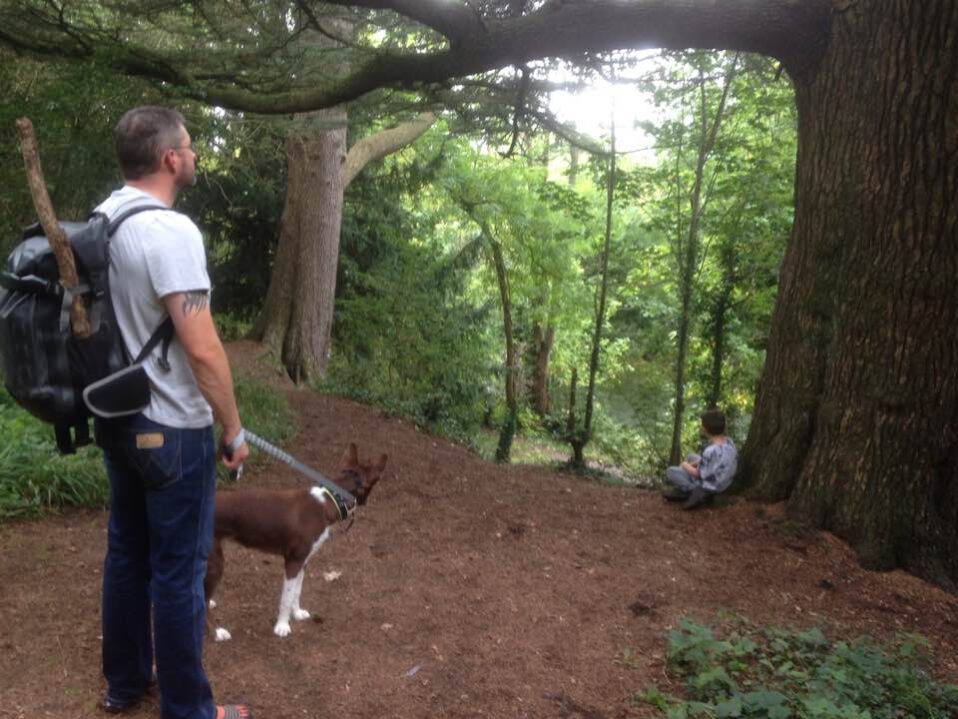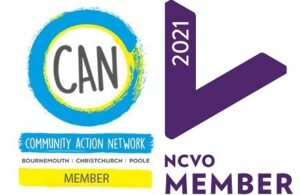“Presence of the abnormal, absence of the normal”. That is a phrase that some of us have been taught. Even if you don’t know the phrase, you do know the feeling that it is describing. It’s that sensation that something’s off about what you’re looking at -or hearing- in an area that you know well.
People are missing from their usual spots in town. There aren’t the usual regulars at the pub or cafe. Maybe the usual sounds of the street just aren’t quite normal and you start to feel anxious, without realising what your brain is doing. Your body starts preparing for an ancient set of responses: fight or flight. Regardless of whether you’re a civilian or a veteran, the responses are the same. Your body is being flooded by chemicals designed to prepare you to run and hide from danger or hype you up to fight it.
The presence of the abnormal, absence of the normal also applies to PTSD. Although the symptoms may differ from person to person, there are going to be facets of your personality that aren’t at their standard levels. They may be elevated or decreased and you may not even be aware of it. It may be a spouse, friend or even your children that point out to you that you’re not acting as they remember.
Maybe you’ve finally lost it at work, started screaming at that colleague, all the anger streaming out that’s been pushed down and festered over time. You’ve spent weeks, if not months in the house because you feel that creeping anxiety every time you go out and that’s if you can force yourself to in the first place. Perhaps on the outside, you seem absolutely together, when you’re at work or around people socially, but you can’t shake the dreams and the night sweats and you feel like you’re drowning in your memories, reliving moments from years past.
There are a lot of things you might be experiencing, feeling, but anger, frustration, fear, depression, loneliness, confusion, feeling excluded, abandoned and exhausted are all normal symptoms of PTSD. Admitting to yourself that there are steps that you might need to embark on isn’t always an easy thing to do, even if you’ve got the full support of family and friends. That first realisation that you can’t keep going the way that you have been hurt. You’re used to pushing through pain and that’s what you’ve been doing, but the pain that you’re feeling doesn’t always just fade by itself, and if you need someone else’s help to achieve that, that’s not a failure. You’re utilising someone else’s skills to help you achieve your aim.
Safe Space Movement can help you. Safe Space can provide you with Mental Health First Aiders to talk to and Phone Buddies to have a chat about how you’re doing, in whatever way you feel most comfortable with, whether that’s phone, text or email. Safe Space can also signpost you to national and local authority services for diagnosis and continuing care.
There’s zero stigmas here, no judgment on your circumstances, just a genuine desire to help you overcome whatever struggles you have. There aren’t any easy fixes, but the only way progression is made is by a series of single steps, taken one at a time. It’s not an easy path, but it is a worthwhile one.



















Post a comment